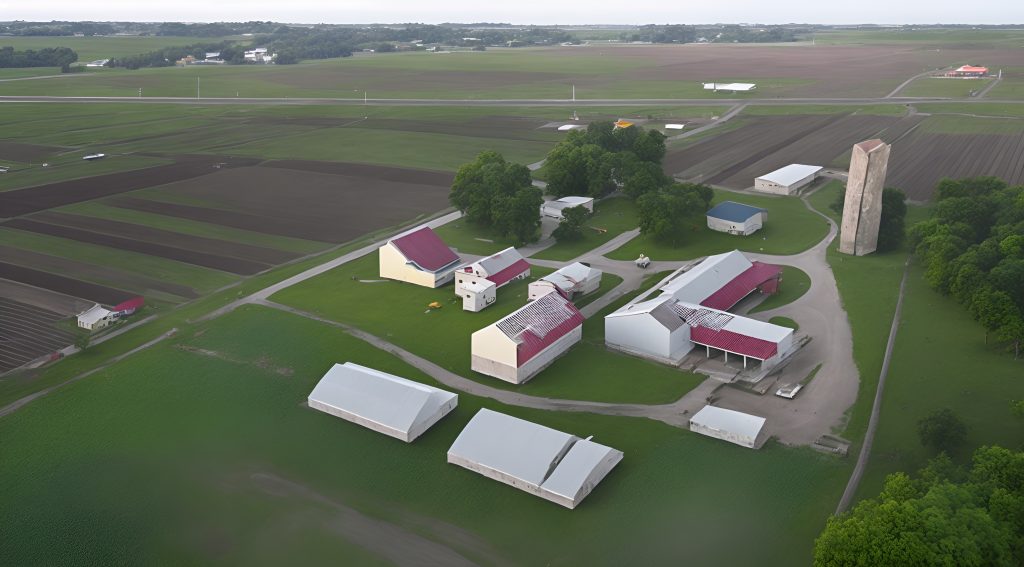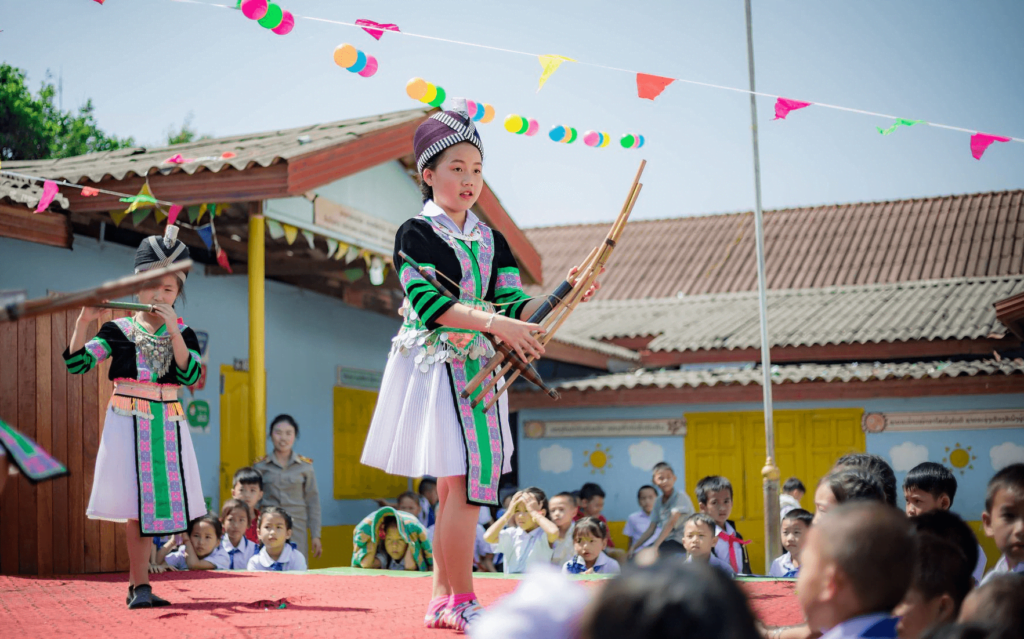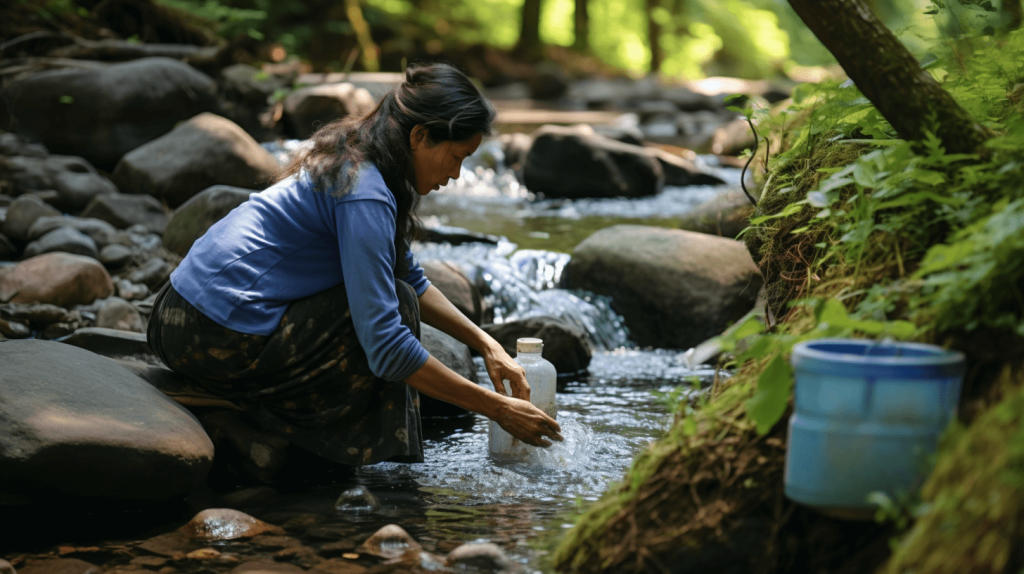
The First Hmong-Owned and Operated Farm
The Hmong American Farmers Association has recently achieved a remarkable feat in US history. For the very first time, Hmong American farmers have moved from being renters of farmland to becoming owners of the same land.
HAFA is an organization established in 2011 by a group of farmers in Minnesota. The group was created to advocate for Hmong American farmers in the state. HAFA has now announced that the Hmong farmers’ recent purchase of 155 acres of farmland in Minnesota is a significant landmark in US history, marking the first time Hmong farmers have owned and managed their farm operation on American soil.
For many years, the Hmong farmers had been renting this land in Vermillion Township in Dakota County, Minnesota. However, this has changed, and now 16 Hmong families who are members of HAFA have come together to purchase and share the land.
BIPOC farmers have faced a considerable barrier to land ownership for many years. USDA and census data show that Black, Indigenous, and other people of color cultivate less than 1% of American farmland, despite accounting for nearly one-quarter of the country’s population. According to the National Sustainable Agriculture Coalition, access to land is the primary obstacle that new farmers encounter. Unfortunately, centuries of systemic racism within the path to land ownership for farmers have resulted in white farmers owning 98% of American farmland.
The HAFA’s recent acquisition of this land, finalized in early October, is a significant milestone for the association and the farmers. The HAFA and farmers used grants and community support to purchase the land. Of the 155 acres purchased, 125 acres are tillable, and various vegetables and crops, such as corn, tomatoes, parsley, green beans, and cabbage, are presently cultivated on the land. The produce grown on the farm is sold at farmers’ markets and supplies food to a seasonal subscription service and Veggie RX program.
The Veggie RX program aims to mitigate malnutrition and hunger through produce donation. In the near future, the HAFA hopes to acquire enough funds to purchase 1,000 fruit trees to add to the swath of land.









Responses